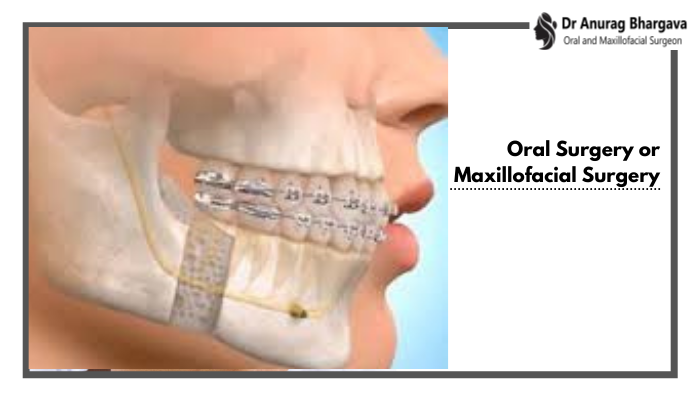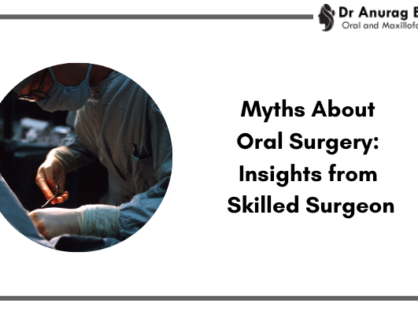Oral and maxillofacial surgeons are trained to recognize and act on a wide spectrum of diseases, injuries and defects in the head, neck, face, jaws, and the hard and soft tissues of the oral and maxillofacial region.Oral and maxillofacial surgery encompasses a variety of procedures that involve oral surgery (mouth), jaw surgery
When a patient visits the clinic with multiple complaints about oral and maxillofacial conditions, our job is to first check whether he really needs maxillofacial surgery. The candidates for orthognathic surgeries are usually concerned with these queries,
What is an "Upgraded" Form of Dental Surgery?
Oral and maxillofacial surgery encompasses a variety of procedures that involve oral surgery (mouth), jaw surgery (maxilla), and face surgery (facial). Often considered as an "upgraded" form of dental surgery, oral and maxillofacial surgery is actually the practice that extends far beyond what a dentist can perform.
Oral and maxillofacial surgeons treat conditions, injuries, defects, and aesthetic aspects of the mouth, teeth, jaws, and face.
Why is Maxillofacial Surgery Done?
A maxillofacial surgeon is a dental specialist with advanced medical knowledge and training about the conditions affecting teeth, jaws, bones, and soft tissues of the face. These specialists are well-trained to treat the conditions surgically and appropriately with anesthesia.
Surgeries that include simple tooth extractions and surgical procedures associated with just the teeth and the mouth are referred to as “Oral” Surgeries while ones related to soft tissues, jaws, face are referred to as Maxillofacial Surgeries.
In the case of corrective jaw surgery, the aim is to give a balanced appearance of your lower face. This corrective alignment will thus improve a lot many things like chewing, swallowing, breathing, and other functionalities of teeth. The surgery has another health benefit like improved sleep.
Following your surgery and throughout the post-operative recovery period, especially if your jaw is wired shut, you could lose as much as 10 percent of your body weight.
After the jaw surgery, you will need to follow a liquid or pureed diet until your jaw has healed. This usually takes about 4 to 6 weeks.
Corrective jaw surgery is generally performed entirely inside the mouth, therefore, no external scars are produced other than a very small, less than ½-inch neck incision is required for placement of jaw screws to stabilize bone fragments.
This surgery is performed for correcting the bite. Thus braces are necessary both at the beginning and the end phase of the treatment. Braces help in the alignment of the bite by moving your teeth and the jaw bones.
Reasons to perform maxillofacial surgery include:
- Correcting congenital abnormalities such as cleft lip and palate.
- Diagnosing and treating cysts, tumors, cancer, and other growths in your head and neck.
- Diagnosing reasons for chronic facial pain.
- Treating facial trauma (injury), such as facial fractures or damaged maxillofacial tissue.
Maxillofacial surgery also known as Orthognathic surgery is very safe with the best surgical and anaesthetic practices. However, there may be a few complications that need to be understood by the patient. These surgeries may result in blood loss, thus blood transfusion is sometimes required.


